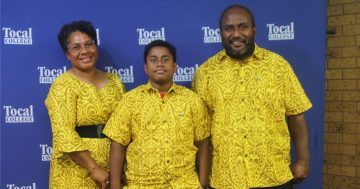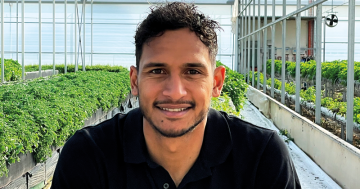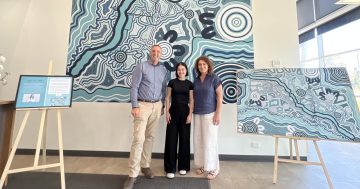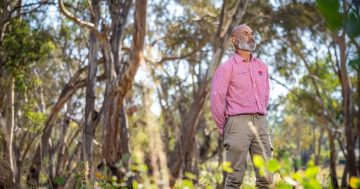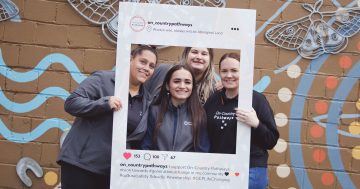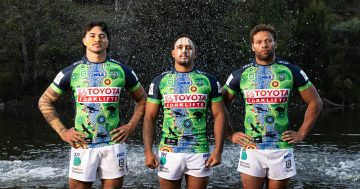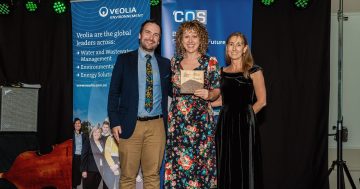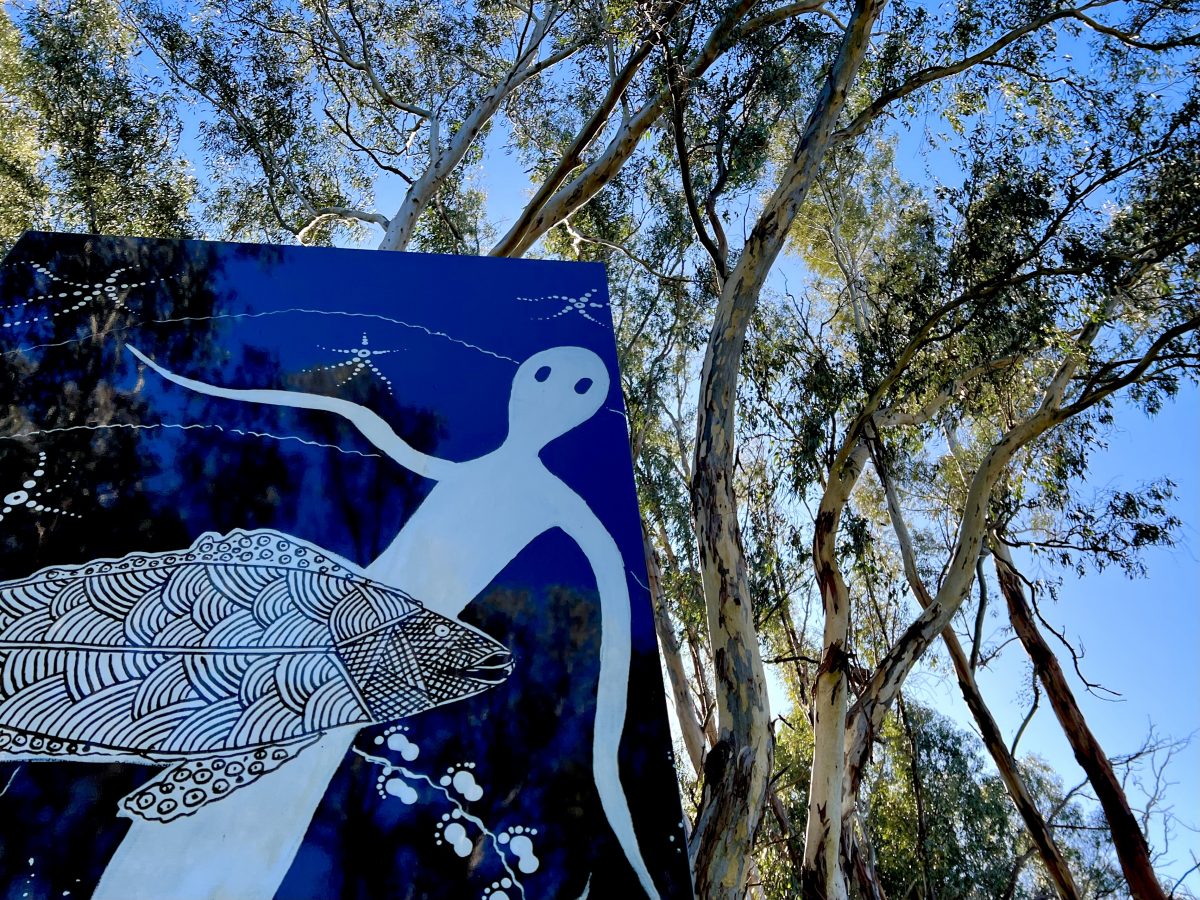
Aunty Kath Withers’ ‘Spirits of the Murrumbidgee’ at the Marrambidya Wetland. Photo: Chris Roe
According to a new government environmental report, Indigenous Rangers may hold the key to restoring Australia’s embattled ecosystems.
State of the Environment Report is released every five years and paints a troubling picture of habitat loss, a sharp rise in the number of threatened species, invasive plants overtaking native vegetation, increasing pollution and poor water quality both on the coast and inland.
For the first time, the report includes Indigenous perspectives and one of the key findings suggests that the empowering of Indigenous people is vital to protecting Country.
It is timely then that TAFE NSW in Wagga has announced a new course aimed at recruiting a new generation of Indigenous Rangers and giving locals the practical skills to help manage and protect Aboriginal lands.
The Certificate III in Conservation and Ecosystem Management is being run in partnership with the NSW Aboriginal Land Council and combines learning online, face-to-face and on Country.
Wagga Wagga Local Aboriginal Land Council CEO Lorraine Lyons believes it is a vital step forward.
“By having a skilled mob on the ground, they will gain the confidence to work on Country and preserve our culture and heritage,” she said.
“We strongly believe this is the way forward and will be extremely important to our community to gain the necessary skills and in return bring great employment opportunities.”
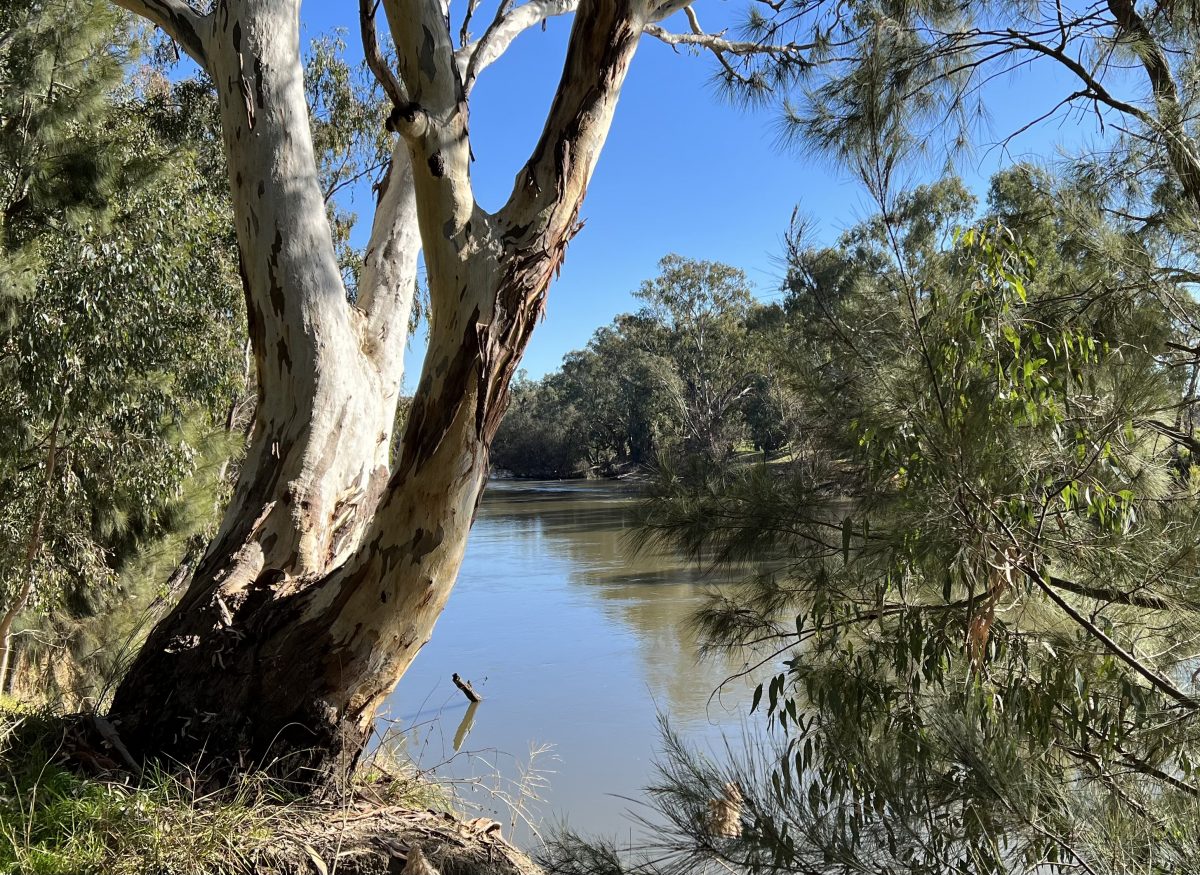
The Murrumbidgee River from the Wiradjuri Walking Track. Photo: Chris Roe.
TAFE NSW Head Teacher of Agroecology Rob Fenton said the course reflected an understanding in the Wagga community of the need to preserve Aboriginal lands.
“Especially since the recent fires and floods, there’s a community recognition of the importance of managing our lands more effectively,” he said.
“We are the last remaining piece of Gondwana on the face of the planet and there’s no place on Earth that’s as important to protect as the Australian ecosystem.”
The hands-on course includes units on identifying fauna and flora, inspecting cultural and environmental sites and landform and geology and provides a pathway into a career in land management.
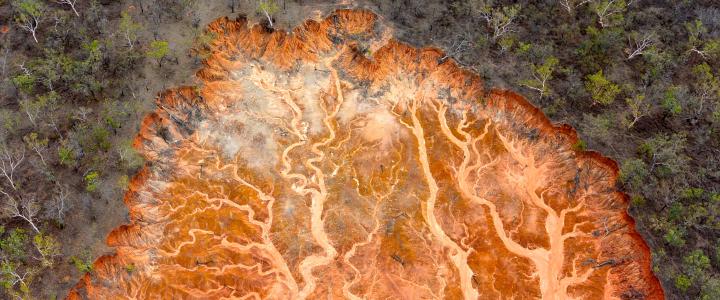
The Australia State of the Environment report paints a troubling picture but calls for more Indigenous Rangers. Photo: Australia SOE.
There are more than 120 Indigenous ranger programs across the country and the federal government has committed to expanding the initiative with over $100 million made available each year up to 2028.
The state of the environment report identified the deep cultural connections Indigenous people have with Country and highlighted how much knowledge has been lost by silencing First Nations voices.
“This marginalisation has impacted all aspects of Country, the intergenerational transfer of knowledge and Indigenous people’s wellbeing,” reads one of the key findings on Indigenous inclusion.
“As a nation, Australia can benefit greatly from using Indigenous knowledge in environmental management practices, and from enabling Indigenous people to care for Country.”
Indigenous rangers already manage 44% of the national protected area of land and seas and the report called for ongoing and increased funding.
“Indigenous rangers are often on the frontline in observing changes in the environment (such as mangrove dieback, declining fisheries, changes in animals and plants, heritage degradation),” it reads.
“Their proximity and cultural knowledge make them significant contributors to monitoring.”
The opportunity for aspiring rangers in Wagga is open now and Rob Fenton said it offered a unique opportunity for local Mob to learn and work on Country.
“TAFE NSW will give these students the real-world practical skills and experience to make an immediate impact on the job,” he said.
For more on the Certificate III in Conservation and Ecosystem Management head to the TAFE NSW website.







